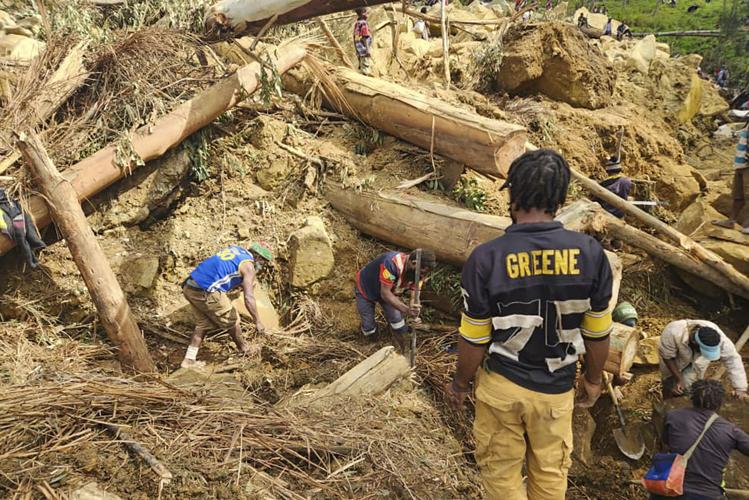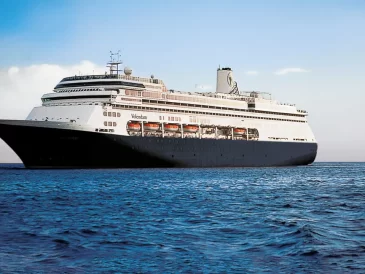Papua New Guinea is reeling from a devastating landslide that struck three days ago, burying over 2,000 people, according to the government’s latest update on Monday. The treacherous terrain and logistical challenges have hampered rescue efforts, dimming hopes of finding survivors.
The National Disaster Centre provided the updated death toll in a letter to the U.N., highlighting the magnitude of the tragedy. However, a separate U.N. agency estimated the potential death toll to be over 670, underscoring the difficulty in obtaining accurate figures in remote regions where many live in isolated mountainous villages.
The landslide swept through six villages in the Maip-Mulitaka district in the country’s north while residents were asleep, burying more than 150 houses under debris nearly two stories high. Rescue workers reported hearing cries for help from beneath the rubble, but efforts to locate survivors have been painstakingly slow.
Despite more than 72 hours passing since the disaster, villagers continue to use rudimentary tools and their bare hands to clear debris in a desperate bid to find loved ones. Only seven bodies have been recovered thus far, leaving many families in anguish as they wait for news of their missing relatives.
Heavy equipment and aid have been delayed in reaching the affected area due to its remote location, compounded by security concerns stemming from nearby tribal conflicts. The arrival of essential resources has been further impeded by logistical challenges, forcing aid workers to travel in convoys escorted by soldiers.
The precarious conditions at the site, including rain, unstable ground, and flowing water, pose significant risks to both residents and rescue teams. The possibility of further landslides has prompted officials to urge evacuation, with over 1,250 people displaced and more than 250 homes abandoned.
Despite international assistance pledges, including a $1.66 million aid package from Australia and support from China, the immediate focus remains on search and rescue operations. However, as the days pass, the likelihood of finding survivors diminishes, compounding the grief and trauma experienced by affected communities.
Prime Minister James Marape is coordinating emergency response efforts from the capital, Port Moresby, amidst ongoing political challenges. The tragedy has cast a somber shadow over the nation, underscoring the urgent need for disaster preparedness and response strategies in vulnerable regions like Papua New Guinea.




